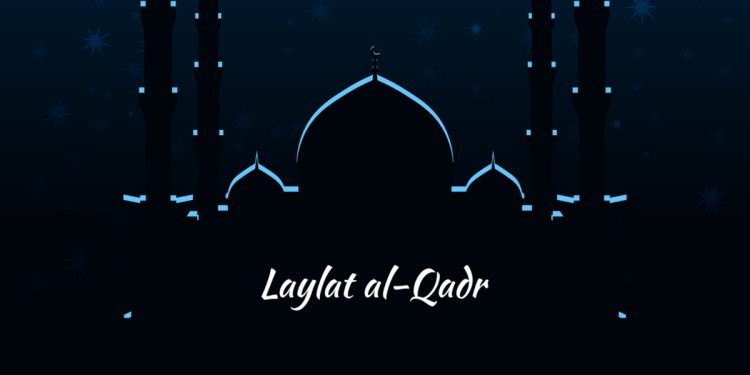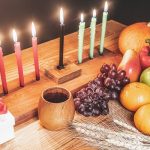
Laylat al-Qadr
Laylat al-Qadr is an Islamic observance that marks the anniversary of the night Muhammad received the first verses of the Quran. It goes by many names in English, including The Night of Measures, Night of Power, Night of Decree, and Night of Destiny. It is also known as Shab-e-Qadr. In many Islamic countries, this day is observed on one of the odd nights of the last ten nights of Ramadan, which are the 21st, 23rd, 25th, or 27th. In the United States, it is held during one of the last ten days of Ramadan.
History of Laylat al-Qadr
The Prophet Muhammad spent many years contemplating the world around him and seeking divine guidance so he could lead his people away from immorality and idolatry. After much meditation, he traveled to the hills near Mecca and lived in the Cave of Hira. During this time, he prayed to God and meditated. Muslims believe that around 610 CE, God revealed the first verses of the Quran to him. It is on the anniversary of this date that Laylat al-Qadr is observed. However, the exact day on which the Prophet received the message from God is unknown; all that is known is that it is observed during the last ten days of Ramadan.
Laylat al-Qadr Customs & Traditions
As is customary throughout Ramadan, many Muslims will fast and abstain from sexual relations during daylight hours on this day. Muslims will also make an extra effort to read the Quran and to ask for forgiveness during this time. For many Muslims, the last 10 days of Ramadan are seen as a period when blessings abound and prayers are answered. It is also customary for many Muslims to spend a considerable amount of time in the mosque on this day.
It is also a time when the community comes together for communal worship, prayers, and celebrations of God and the Prophet Muhammad. It is also a time for people to perform acts of goodwill or charity, particularly towards the poor and unfortunate.
In many Muslim countries, Laylat al-Qadr is a holiday, and schools, government buildings, and businesses are closed. In Australia, Canada, the United Kingdom, and the United States, Laylat al-Qadr is not a public holiday. However, Islamic organizations or businesses may alter their business hours on this day, and mosques may experience particular congestion in these countries.








